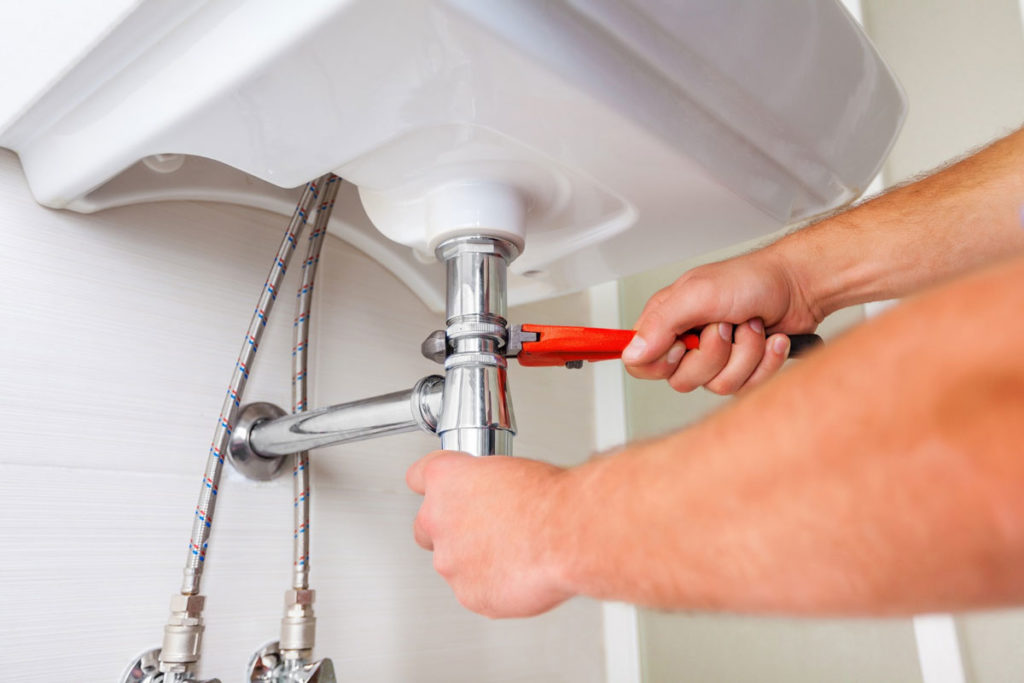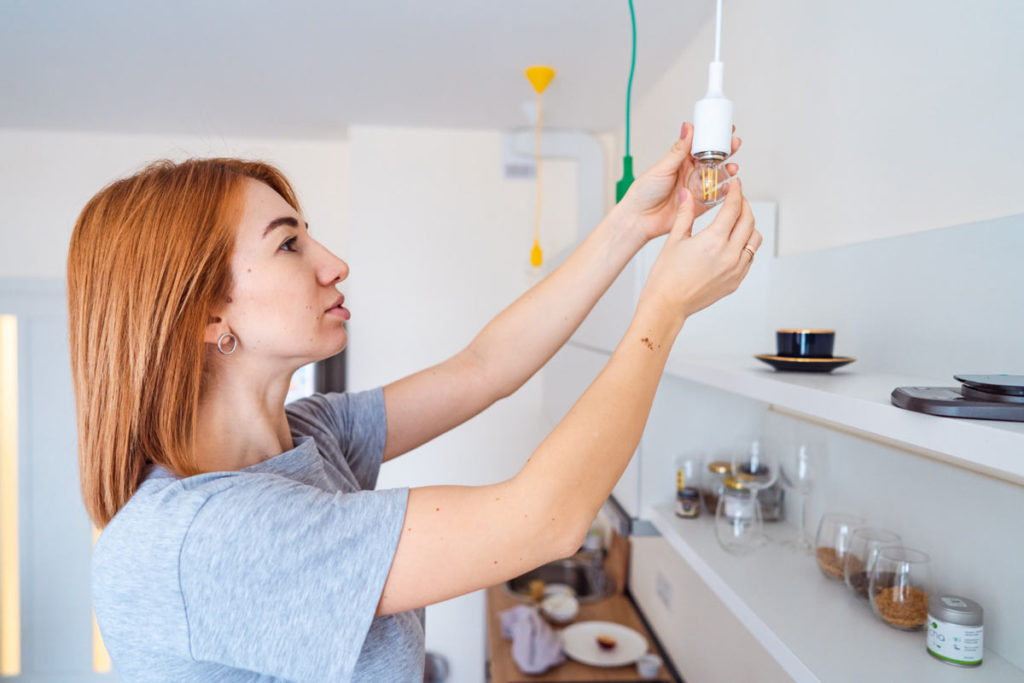Renting should strike a balance between the responsibilities landlords have to the property they own and the tenant who lives there. Popular media may demonize landlords who fail to take care of their properties; however, the truth is that there are some things the tenant is responsible for and some things the landlord should handle.
Take repairs as an example. While landlords should have reasonable expectations around normal wear and tear on a rental unit, renters should also make an effort to care for their home as if it were their own. What are the rights of tenants when it comes to repairs and maintenance? Who has responsibility for repairs, and are there ever times when a tenant should take care of a repair or maintenance of a rental unit themselves?
What Repairs are Tenants Responsible for?

State and local laws try to balance the responsibility of caring for a rental unit between the landlord and the tenant. Most laws nationally require tenants to exercise reasonable care for the condition of the property within certain parameters.
For example, in many cases, a tenant can be responsible for a repair, if they try to flush a diaper down a toilet and it becomes clogged. According to NOLO, the renter has the responsibility to care for their home appropriately as defined in most statutes that outline the landlord/tenant relationship. This includes basic habitability and cleanliness that seem like common sense—but we all know that common sense isn’t always common. The tenant must:
- Keep the rental safe and clean.
- Throw away trash safely in a timely manner.
- Keep plumbing fixtures clean.
- Use building systems such as elevators, heating, air-conditioning, and more, safely.
- Be responsible for repairs for things they break.
- Notify the landlord promptly if dangerous conditions occur.
If something breaks from normal wear and tear as the fixture ages, for example, a landlord should usually handle it. But if a tenant gets angry and punches a hole in the wall, who do you think should pay? The law tries to strike a balance in these areas whenever possible.
What Does the Lease Say? Tenants’ Rights for Repairs and Maintenance
State and local regulations govern the lease agreement, of course. This includes the tenants’ rights for repairs and maintenance of their apartment or house. Even if it isn’t outlined in the lease, the landlord of course is responsible for keeping the building in a habitable condition. The building must be sound and safe, there must be cold and hot water, and the systems for heating and cooling must be functioning properly. If the rental unit becomes infested with pests, the landlord must pay for the exterminator unless the owner can prove that the renter’s slovenliness caused the infestation.
According to FindLaw, in most states, some of the minor issues in the unit are the responsibility of the tenant to fix. This includes things like torn window screens or small holes in the carpet – unless, of course, this is specified in the signed lease upfront. Also, there are local and state building codes that may address this in a different way and require the landlord to make the repair. It’s a complex area of the law, so the way you write the lease agreement is important.
Many landlords will handle even these small repairs but they require the tenant to put their request in writing. This is an important tactic that allows the landlord to carefully and thoughtfully consider the request.
Generally, when considering what repairs tenants are responsible for, the answer is that the building owner must handle building systems like having a functional heating system or a roof that doesn’t leak. If there is an area of grayness and it’s not covered by your lease, it’s wise to check state and local laws for guidance.
The lease agreement should spell out the obvious need for tenants to report areas for repair, for example, finding mold in the bathroom or a security camera that is obviously in disrepair. The idea is that your tenant should help you keep an eye on the property so repairs can happen before the problem worsens.
What Repairs are Tenants Always Responsible for?

Unless local laws preclude it or your lease says otherwise, it’s almost always the tenant’s responsibility to repair small things such as replacing light bulbs in the unit or batteries in the smoke detectors, as well as damages caused by pets, such as soiled carpets or window blind tears. Damage from smoking in a non-smoking unit is always the tenant’s responsibility.
Also, if there was a small issue that the tenant failed to report in a timely manner, they may be liable. We all know small repairs can escalate to big fixes. It’s the responsibility of the tenant to report the need for a repair before it worsens to the point that a small bill skyrockets. Landlords can and should reiterate this in the lease agreement, but should also remind tenants that if they see something, they should say something.
Can a Landlord Force a Tenant to be Responsible for Repairs?

The answer to this is yes, but only as long as the lease spells out the tenant’s responsibility for repairs. This also depends on if the clause is legal in your area. If these two points are met and the tenant isn’t holding up their end of the bargain by making the necessary repair, then yes, you have a legal leg to stand on. If the tenant doesn’t make the repair, they can be held in violation of their lease and, in most cases, you have the right to demand compensation, or, in the worst case, begin the formal eviction process.
The cost of repairs in these cases may be deducted from the security deposit. If the deposit isn’t enough to cover the damage, other legal action may be necessary. The other side of this coin is that sometimes tenants take it onto themselves to make a repair themselves that isn’t authorized by you. Again, local laws may play a factor in what legally can be done in these situations.
The reality of determining what repairs are yours versus the tenants ultimately is a tricky area of the law. The courts have tried to balance tenants’ and landlord rights against the necessity of repairs and maintenance on rental units. Each state and locality are different and the rules can change, so consider consulting with an attorney to ensure you have a positive experience as a property owner.


